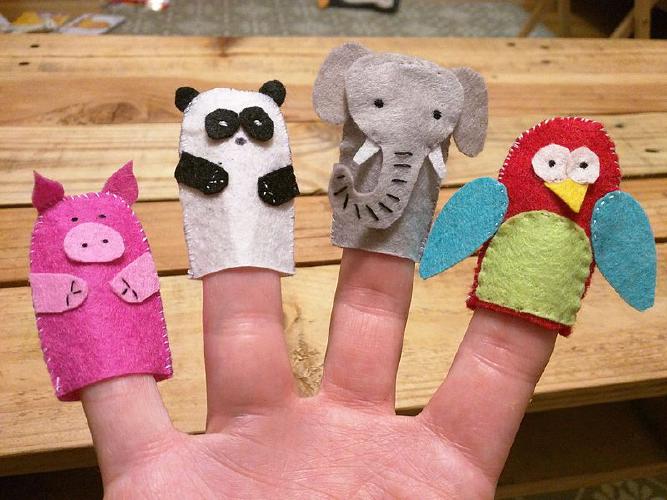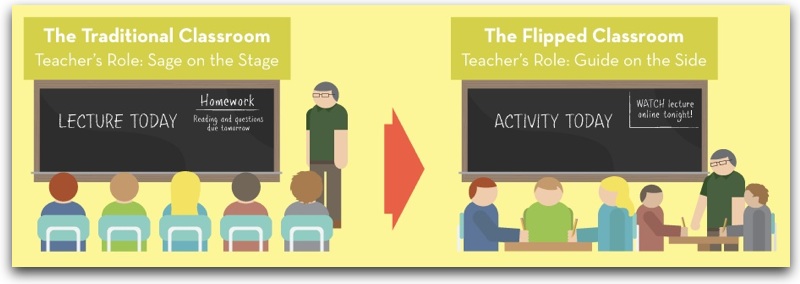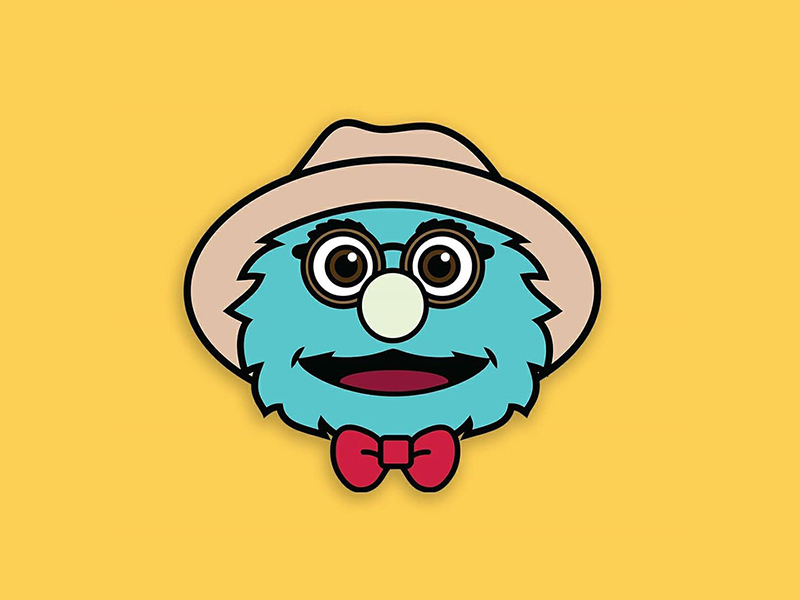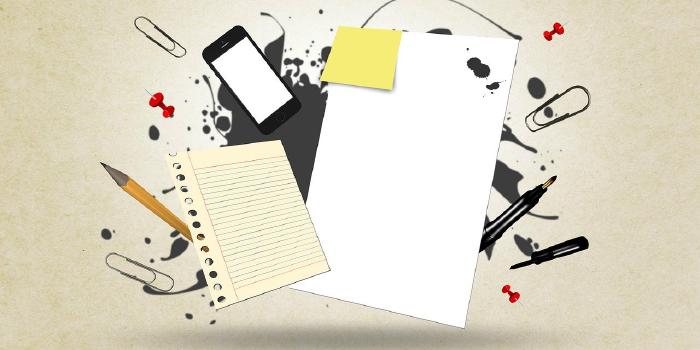Puppet Education

When I had first conceived of the idea for the Random Writing Rodeo my initial though process behind its use was as motivation to learn something new. And this certainly became my immediate reality when the random draw produced puppets as the first topic for me to write about.
Admittedly, I had no prior knowledge about puppets. I knew of stop-motion movies like “The Nightmare Before Christmas”, as well as ventriloquists such as Jeff Dunham. Both of which would comfortably fit within the topic of puppets. Ultimately however, it was a random search on YouTube that produced the true inspiration for this particular entry. As the results introduced me to a show that is, appropriately enough, entitled “Puppet History”.
The premise of the show is simple enough. It is “a winding look at yet another chapter in the heavy, heavy book we call history.” Simply put, prior to the show, “the Professor” (the main character of the show, and a puppet) would conduct deep research into a very specific event/person/point of interest in history. And then he (it? they?) would present this research to two guests whom are coming in “cold” (i.e. no prior knowledge of what is going to be discussed). The show would then feature the guests slowly learning about what the Professor has researched, offering their own colorful commentary, and competing for “history points” (for the title of “history master”) by answering questions throughout.
Personally, I’ve found this series to be highly entertaining, binging the entire backlog of episodes within a week. The historical research is well-done, and the guests’ genuine surprise to the (often crazy) real-world events mimic my own. History is full of people doing crazy things. This is in stark contrast to the “boring” and “dusty” impression I had of history while in school. Puppet History brings significant value to the table, since it makes subjects like history become more accessible. By making it entertaining, they are able to introduce a topic that would otherwise be ignored by the general population.
It is shows and educational content like these that make me continue to think that we do need to re-conceptualize our idea of education away from the “standard classroom” format we’ve grown so used to. Research has already shown that flipped classrooms can be more effective than traditional ones, since they can produce a higher level of commitment and satisfaction from students. By making the educational content more enjoyable to consume, or more interactive, it’s easy to see how this can produce a higher level of engagement from students.

And this is also consistent with my own experiences. As I’m working towards my professional certificate in IT Automation on Coursera , I have found that since the content is served in tiny and digestible segments, I can watch on my own time and at my own pace, which has been very helpful. It is also further supported by the fact that Google (the course creator) went to great lengths to make their videos very engaging and “punny”. What has been most impactful with the “Coursera-model” is that it allows for failure. In a traditional classroom, students fear failure. They are afraid of getting a low score in a quiz since it would serve as a permanent negative mark on their final score. To them, failure is the end result, there is no coming back from it.
But in Coursera (or any student-led environment), failure isn’t the end, it isn’t feared. In fact, it’s encouraged. Because as real-life has shown us, we learn from failure. This is exhibited perfectly in the way Coursera handle’s quizzes and graded assessments. They serve as a challenge to the student, an opportunity to apply what they’ve learned. If they get the answers correct, great! They may move on. But if they get it wrong, they’re given a hint as to what they did incorrectly, and are encouraged to try again, this time with a new approach. And they are not burdened by a permanent blemish on their record.
There is still a lot that can be done when it comes to the future of education. Thankfully, it does seem like significant progress is being made in this direction . And while this work is great, I am sure that the innovation of education can be pushed in so many more other ways. And who knows, perhaps in the future, we will all be taught by fuzzy little puppet professors.

This is part of my Random Writing Rodeo challenge. The topic was puppets.



